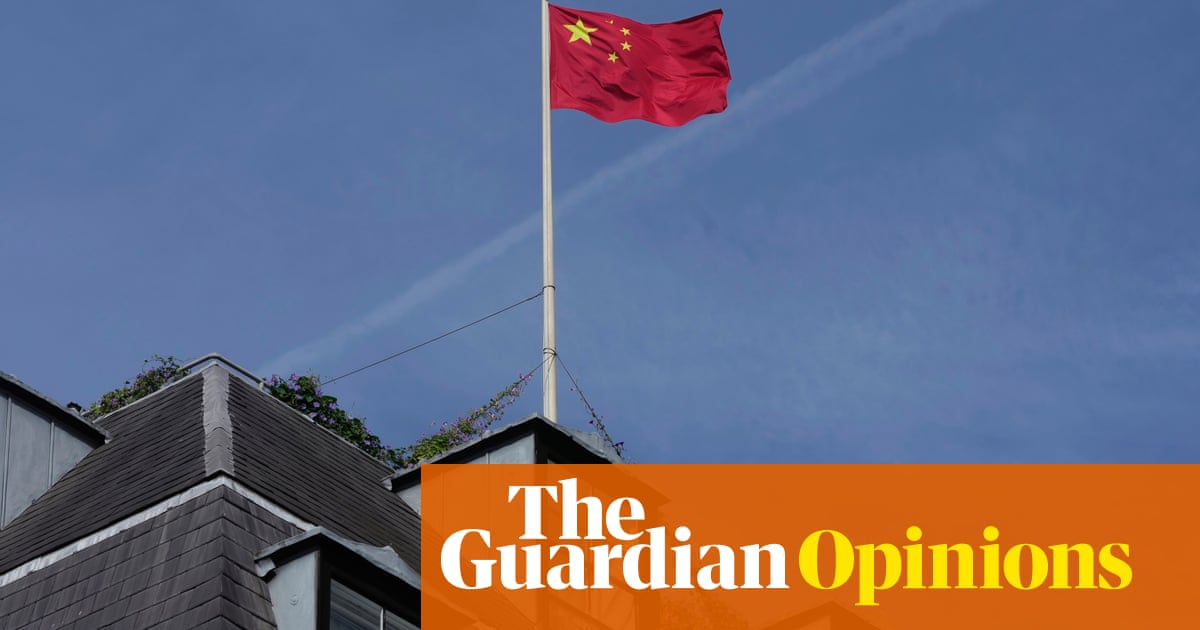
FRANK KANE
May 01, 2018
22:07
29
The Euromoney Saudi Arabia 2018 conference, which begins in Riyadh on Wednesday, comes at a crucial stage in the Kingdom’s economic and financial development.
This is the 13th year the UK-based financial information group has staged its event in Saudi Arabia, giving it a long-term perspective on the Kingdom’s financial scene. Over the years, the conference has been held against a backdrop of crash and crisis, soaring and plummeting oil markets, and a volatile regional and global geopolitical scene.
This year’s conference occurs in the historic context of Saudi Arabia’s landmark internal transformation, as the Vision 2030 strategy paves the way for the ambitious task of transforming the Kingdom’s economy and society for ever. Euromoney is a working conference. Events such as last year’s Future Investment Initiative in Riyadh — dubbed “Davos in the desert” — and the World Economic Forum’s annual meeting (held in the real Davos) contain a large element of showbusiness. There is glitz and glamor, celebrities galore, intense networking and ostentatious extravagance.
Euromoney has some of these elements, but mostly concerns itself with the sharp end of financial and economic work. It is less show and more business. The conference’s guest list reads like a “Who’s Who” of movers and shakers in the Saudi business scene: Ministers and senior officials from government departments, regional and global financiers, and hard-nosed business executives running corporations at the core of the Saudi economy. The economic backdrop to their interactions is the most benign the Kingdom has experienced for the past three years. The recent oil price recovery has given policymakers greater flexibility; the country’s budget for 2018 — already expansionary — can be further pump-primed to pull clearly away from last year’s recessionary environment. Still, significant challenges remain: How quickly can the country’s labor market adapt to the new economic realities of the Kingdom? When will the moves toward greater empowerment of women produce tangible economic results? Can the pace of economic reform be sustained, let alone accelerated?
Ahead of my attendance at the two-day conference, six main issues come to mind, and I will be hoping that clarity emerges by the time the conference closes on Thursday night.
First, Saudi Aramco’s forthcoming listing. All options still appear to be on the table, ranging from a global IPO in multiple financial centers, to a Riyadh listing perhaps accompanied by a private sale of shares to a foreign investor. It is also conceivable that there may be no IPO at all. But the debate over Aramco’s share float — still set to be the biggest in history — seems to be hardening toward an initial Riyadh listing, perhaps with a commitment to a global IPO at a later date. Will any light be shed at Euromoney?
"The economic backdrop to this year"s conference is the most benign the Kingdom has experienced for the past three years.
Frank Kane
Second, and in the same vein, the robustness of Tadawul. If the Aramco decision is initially for a Riyadh listing, does the exchange have the liquidity and capacity to handle it? The anticipated announcement of an upgrade to MSCI emerging market status this summer (expected to come into effect next year) will add to the firepower available, as will the reforms of the past couple of years that have made the market more attractive to foreign investors. The Tadawul is reported to have postponed its own IPO until next year to exploit these advantages. Is it up to the task of staging Aramco as early as the fourth quarter of this year?
Third up, privatization. In parallel to the Aramco listing, the Kingdom is on the cusp of launching a mass sale of government assets, maybe the biggest state privatization program in history. Recently the National Center for Privatization shared more details, and specifically named Saudi Arabia’s state-owned ports and desalination plants as targets for early sell-off. Which will be first?
Fourth, the Public Investment Fund: The once-sleepy pension fund has undergone a transformation in the past year, with a series of high-profile partnerships and investments. It’s now slated to become the biggest sovereign wealth fund in the world with assets of $2 trillion by 2030, and has grandiose global ambitions in technology and other up-and-coming sectors. But it also has the more prosaic task of raising cash through the realization of assets in Saudi Arabia itself. Can it do that in an already crowded local market?
Fifth, debt. The Kingdom has proved adept at tapping regional and global capital markets over the past couple of years, and last month raised $11 billion in bonds, one of the biggest issuances so far this year. But is that the end of Saudi Arabia’s debt financing for 2018? Will it decide on one further tranche before interest rates start their apparently inevitable rise?
Sixth, and finally, global financial hubs. There is plenty of business in Riyadh, but many financial executives prefer to commute there from a base in Dubai or Abu Dhabi. One of the big goals of Vision 2030 is to make Saudi Arabia a more comfortable place to live and work, and this requires a more welcoming attitude toward foreign bankers and financiers. How far is Riyadh prepared to go to get the best global talent, and how will the King Abdullah Financial District, a work in progress just outside the center of the capital, figure in this?
Frank Kane is an award-winning journalist based in Dubai. Twitter: @frankkanedubai
Disclaimer: Views expressed by writers in this section are their own and do not necessarily reflect Arab News" point-of-view












